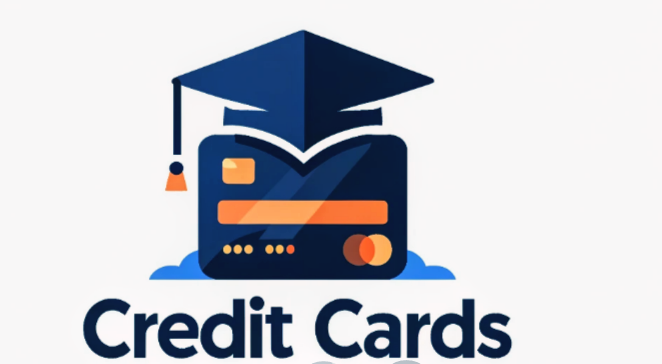We may earn money or products from the companies mentioned in this post.
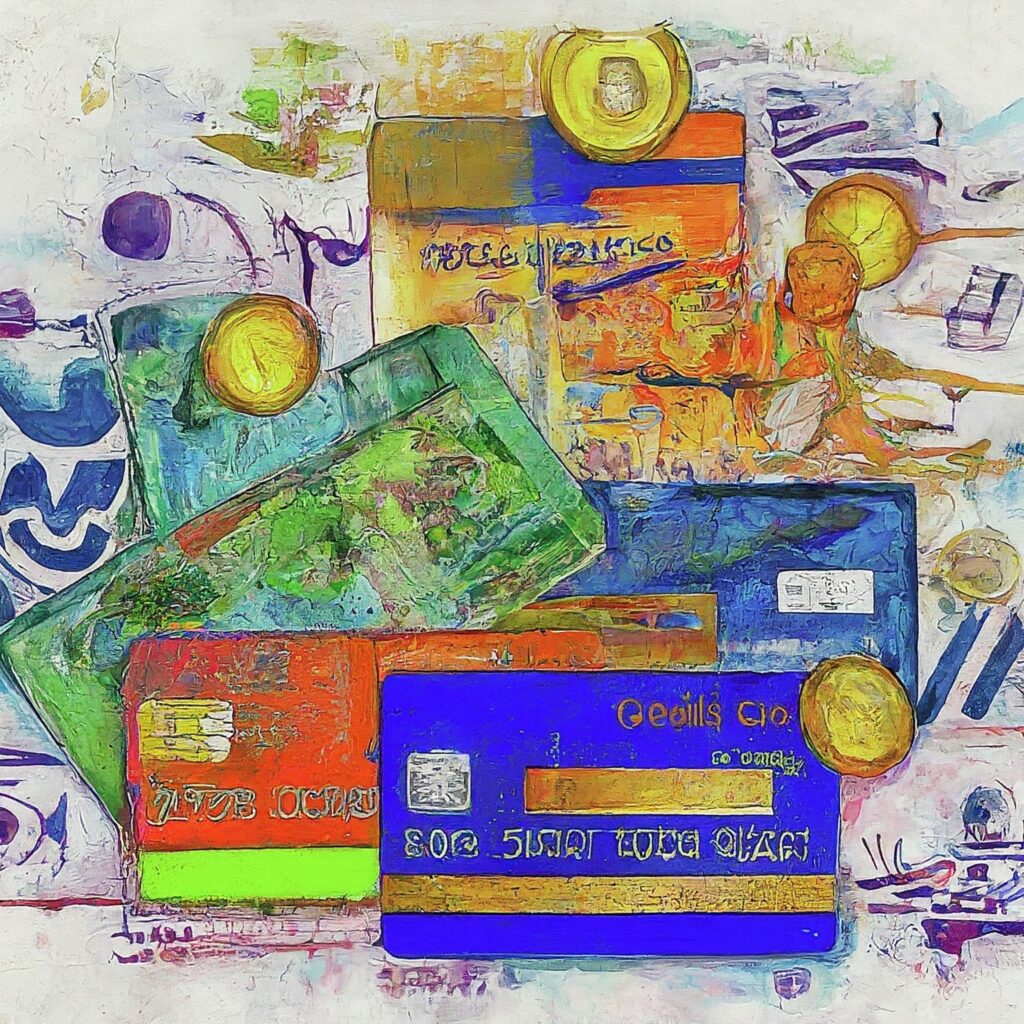
Using your credit card responsibly helps you build a strong credit history and achieve a high credit score. This, in turn, qualifies you for lower insurance premiums, favorable auto financing terms, and the best mortgage rates for buying a home. With good credit, you can leverage real estate ownership to build wealth and secure your financial future.
You have the potential to reach your financial goals successfully. It all starts with establishing credit, and the simplest way to begin is by obtaining a credit card. There are various situations where having a credit card is essential. Consider the following scenarios and how they might apply to you now or in the future:
- Immediate access to emergency funds
- Assured optimal exchange rates while traveling overseas
- Extra insurance coverage during international travel
- Safe online shopping
- Easy access to funds without the need for cash
- Financial loss protection in case of card loss or theft
- Complimentary protection for lost or stolen items within a 90-day period
- Benefiting from rewards provided by the card.
A major credit card is especially advantageous in situations such as:
- Renting a car, truck, or moving van
- Handling unforeseen emergencies like a dead car battery
- Applying for a mortgage loan to acquire a home.
- Booking accommodations such as hotels or Airbnb rentals
- Purchasing airline tickets
Major credit cards encompass those accepted at various establishments, such as Visa, MasterCard, Discover, and American Express, while store-specific or gas cards like Target or Costco cards are not considered major credit cards.
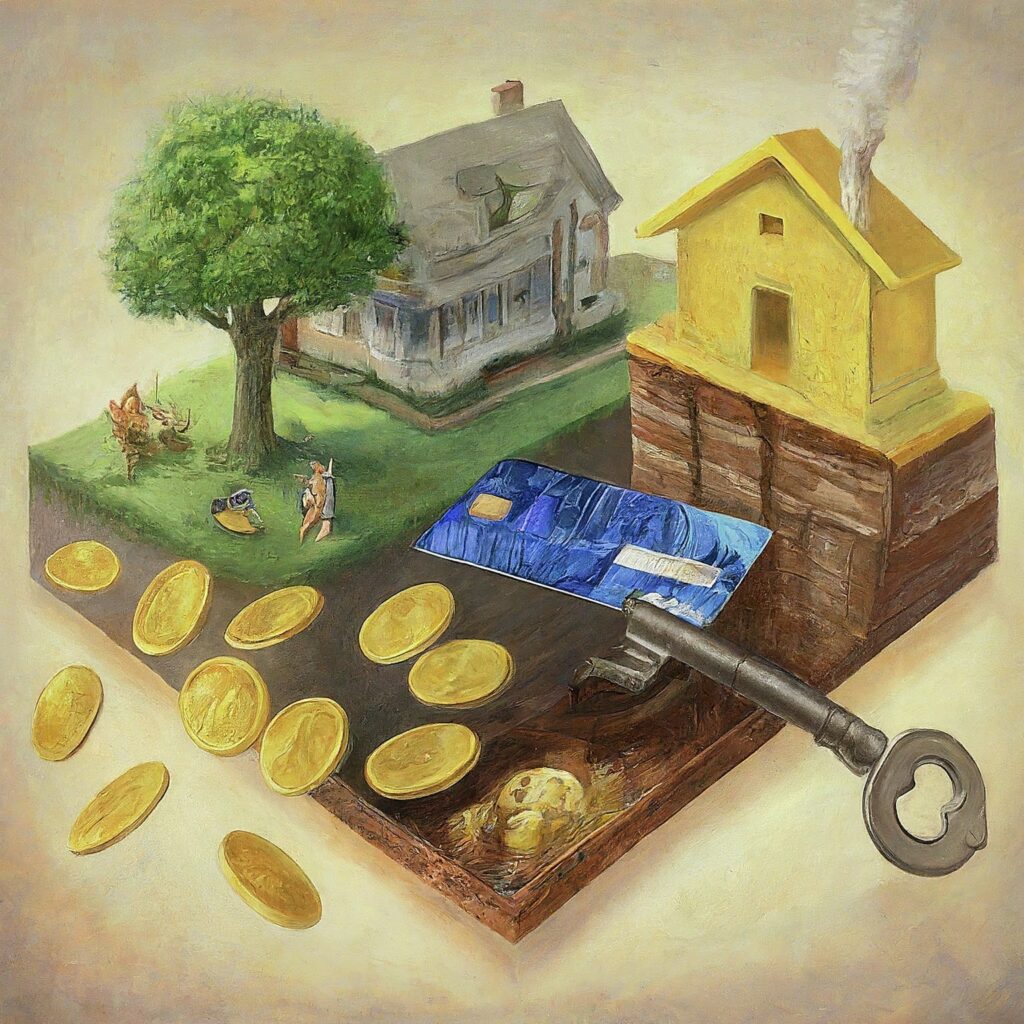
Using a credit card responsibly allows you to build a strong credit history and achieve a high credit score. This is crucial because it qualifies you for lower insurance premiums, favorable auto financing terms, and the best mortgage rates for purchasing a home. Good credit empowers you to build wealth through real estate ownership.
When you own a home, you no longer pay someone else’s mortgage and gain stability against rent increases or eviction. Ultimately, you can own your home outright, generating additional income through renting or selling it. Homeownership also offers tax deductions and potential financial flexibility in your senior years.
It’s essential to recognize the significance of credit and take control of managing it effectively. Understanding the basics of credit is vital for financial well-being and future opportunities. Despite some voices discouraging credit usage entirely, using credit wisely can actually propel you forward financially. Protecting your credit from various threats, such as fraud and theft, is crucial for maintaining financial security.
Your primary goal should be achieving a credit score of at least 740 to avoid unnecessary fees and charges. By aiming for a top-tier credit score, you ensure financial stability. With the right knowledge and strategy, you can build a strong credit profile, avoiding common pitfalls that lead to financial struggles and low credit scores. Within a year, you can build a credit profile so that you have a top-tier credit score that brings you respect. Let’s explore a solid plan to set you on the path to financial success from the outset.
Begin with Your Personal Identification Information
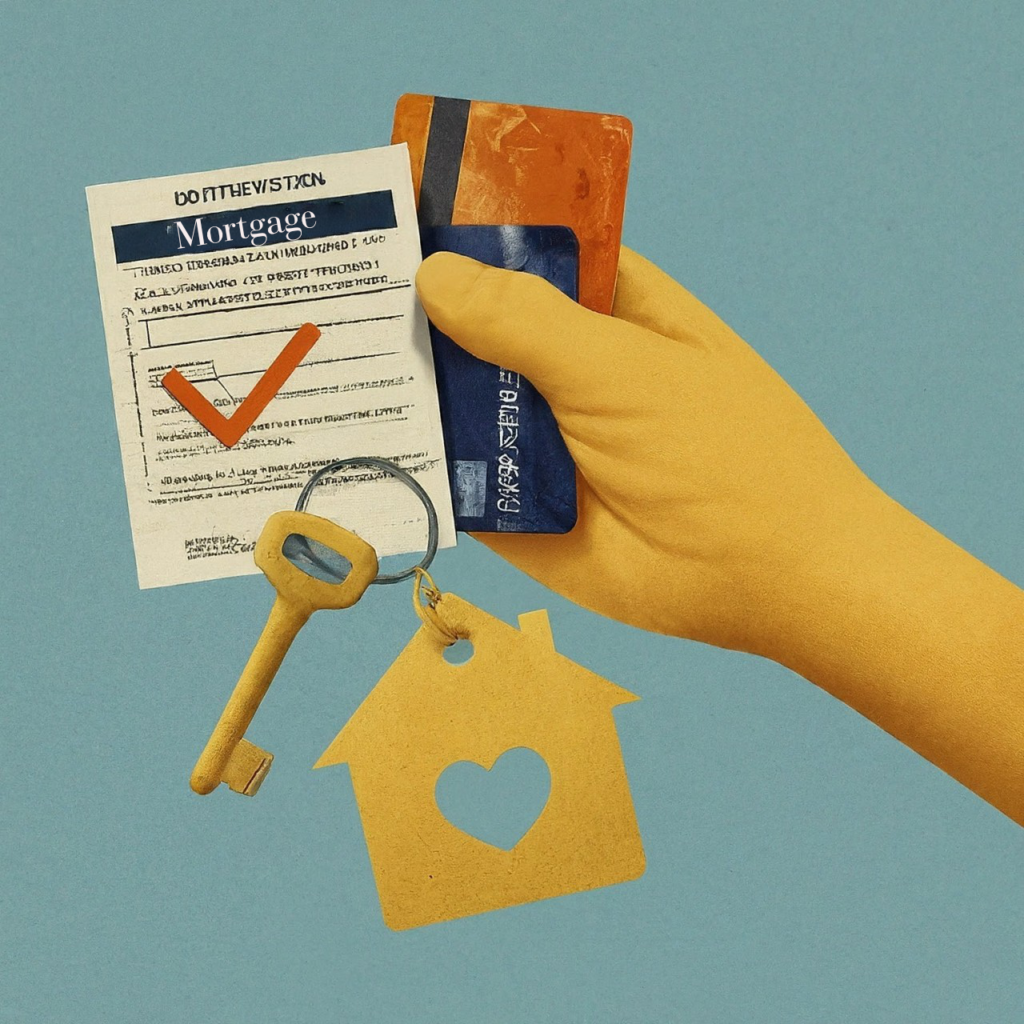
Firstly, determine your preferred name. What does this entail? Select a consistent format for your name and utilize it across all financial and legal transactions. Typically, on mortgage applications, this involves using your first name, middle initial, last name, and any applicable suffixes such as Jr., II, or III. Alternatively, you may choose to include your full middle name.
You want to avoid using only your first and last names, as this may lead to confusion due to similarly named individuals nationwide. Conduct a quick search using search engines like Google or Bing with your first and last name to see how common your name might be. If your name is distinctive or spelled unusually, you may encounter fewer individuals with the same name, but there could be various spellings, including misspellings, on your credit report.
No Nicknames. It’s essential to avoid using your nickname for credit purposes, even if it’s the name you’ve gone by since your first day of Kindergarten. Instead, ensure consistency by using your legal name, aligning it with the information on your social security card and driver’s license, for all credit cards and other accounts. If your name includes a suffix such as Jr., Sr., or III, it’s advisable to include this suffix on all credit and legal documents to minimize the risk of confusion with other family members’ credit profiles.
If you currently have credit accounts open under different variations of your name, there’s no cause for alarm. However, have them removed it’s advisable to standardize your name moving forward. If your credit report lists several variations of your name, consider removing any nicknames or incorrect variations, as doing so could potentially boost your credit score by several points. Additionally, ensure accuracy in providing your date of birth and social security number on credit applications, rental agreements, and cell phone applications.
Pay attention to potential discrepancies, especially when transitioning from a country with a different date format to the United States. For example, individuals moving from countries where dates are expressed as day/month/year may encounter challenges if their date of birth is mistakenly interpreted as month/day/year in the U.S. This discrepancy could lead to delays or complications.
Now that you have a clear plan for establishing credit, you will want to open three accounts, also known as trade lines within the mortgage industry. Mortgage lenders typically prefer a minimum of three accounts to secure the best home loan rates, and having three positive accounts contributes to achieving a top-tier credit score. Having more than 3 credit cards hurts your score. The more you have, the more damage your score takes.
Of the three accounts, at least two should be Visa cards or MasterCards, major credit cards accepted worldwide. These cards carry more weight and flexibility compared to store-specific credit cards. As for the third account, options include an individual store card, a gas card, a student loan, or an automobile loan if needed. It’s worth noting that even a paid-off student loan or auto loan still counts as a trade line on your credit report. Ideally, aim for a combination of two major credit cards and an installment loan, such as a student or auto loan, as this diversification strengthens your credit profile.
Now here’s the thing, if you do not have a credit profile, it may be difficult to be approved for a line of credit. Many creditors will not take the risk when they have nothing to base a decision on. With a poor credit history, the creditor can compensate the risk with higher interest rates.
Is It Wise to Become an Authorized User on a Credit Card?
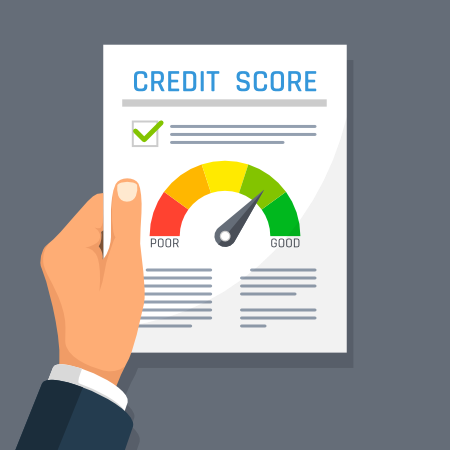
Some young adults contemplate becoming authorized users on their parent’s credit card as a means to build credit. (In this arrangement, the parent owns the card, and it’s in their name, but the authorized user has permission to utilize the card.) This strategy can work only if the parent has A+ Credit rating and maintains low balances on their accounts. And you only use this strategy temporarily. The moment you establish enough credit, that is the moment you say, “thank you”, get off the ride and go your separate ways.
How long does it take to establish credit? Well, if you have:
- One credit card open for more than six months.
- One credit card used at least once in the past six months.
- The credit account is not under dispute for accuracy.
- No notice on the report of you passing away.
You will meet the conditions to receive a credit score. That’s a start, but it’s not enough. Three good accounts result in a top tier credit score. A top tier credit score typically requires two major accounts alongside one store or gas card. The ideal credit mix, assuming the consumer pays the balance in full and on time, every time is a mortgage, installment loan, and a few major credit cards, will earn the most points. After that, the more credit you have the riskier you are to lenders.
However, if the parent consistently maintains high balances but remains punctual with payments, you might reconsider the authorized user approach. Credit scores are influenced by various factors. For instance, a parent with an impeccable payment record—never missing a credit card due date—would naturally anticipate a favorable score. However, if the parent tends to carry significant balances, approaching the credit limit, it could result in the credit account being deemed maxed out. Maxed out credit cards can lead to a sharp decline in credit scores. The extent of this decline depends on the entirety of your credit history. Individuals who frequently miss payments and maintain high balance-to-limit ratios will experience a more substantial loss in points compared to those who consistently make timely payments and keep their balances low.
Alternative Credit Options for Those with Credit Challenges
A secured credit card operates independently of your credit history, instead relying on a deposit you provide to secure your credit usage. For instance, if your bank offers a secured credit card with a $500 limit, you’ll need to deposit $500 into the bank. Upon consistently making timely payments over the agreed-upon period, the card may transition to a standard card with an increased limit. This serves as a viable option if you’re unable to qualify for a traditional credit card. It’s essential to maintain a low balance and pay the bill in full each month to build credit responsibly. Secured cards are available at your local bank, or you can explore options. This is a smalT list to kickstart your journey if you’re looking to add a positive tradeline to your credit profile.
- The Capital One Quicksilver Secured Cash Rewards Card and the Discover It Secured Credit Card.
- The Chime Credit Builder Visa Card doesn’t come with an annual fee but does require you to open a Chime checking account.
- The Capital One Platinum Secured Credit Card entails a deposit of just $49, offering a $200 limit and no annual fee. It proves advantageous if you maintain a balance below $50 consistently and evade the exorbitant interest rates by settling the entire balance each month, thus avoiding any interest charges entirely. Starter cards, on the other hand, don’t necessitate a deposit, though some may impose steep annual fees, warranting caution. While they might carry high interest rates, adhering to responsible card usage and clearing the full balance monthly ensures no interest payments whatsoever.
- The Self credit card be careful of this because it could lead to paying interest on both a credit card and a self-builder loan concurrently.
To attain the highest possible score in the shortest duration, here are some of the best practices. Even if they appear challenging, it’s essential to persevere, as you’re cultivating new, beneficial habits that will ultimately help you achieve your financial goals.
How to Open a Bank Account
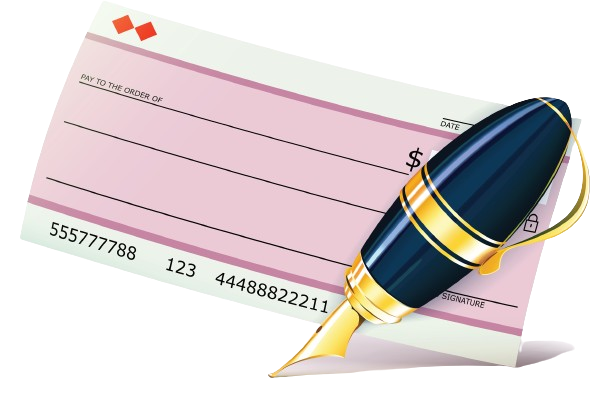
If you lack a credit history, begin by initiating a checking account at your nearby bank. Make an in-person visit to ensure satisfactory customer service, should you require face-to-face assistance. Familiarize yourself with the checking account options. The objective is to deposit adequate funds and sustain that balance to avoid monthly fees. If financially viable, consider opening both a checking and savings account to potentially earn higher interest on your savings. Otherwise, focus on a checking account and maintain a sufficient balance to evade unnecessary fees. Subsequently, venture into acquiring a credit card.
For your inaugural credit card, approach the bank where you’ve established your checking account and request one. Typically, this will be a widely accepted Visa or MasterCard. If your bank mandates a secured credit card due to your lack of credit history, it’s a reasonable step. With a secured card, you provide a cash deposit, such as $500, which then determines your credit limit. Even with no credit history, the bank is assured that your deposit can cover any unpaid bills. Keep your balance comfortably below 50 percent of the limit, utilizing the card for routine purchases like groceries, and promptly pay off the bill each billing cycle. Within approximately six months, upon demonstrating responsible usage, your deposit may be refunded, possibly with interest. If there’s a nominal fee associated with the secured card, it’s a worthwhile investment for building credit.
As you progress, consider obtaining a second credit card. Ideally, secure two cards simultaneously to establish two active accounts within six months. Don’t fret if both are secured cards initially; it’s a temporary phase. Aim to achieve a credit score of 740 expeditiously to qualify for a cashback or reward card. Prioritize credit cards without monthly or annual fees, and if you travel internationally, ensure they waive foreign transaction fees. Regarding interest rates, focus on paying off the entire balance monthly and you won’t need to worry about interest rates.
When contemplating additional cards, prioritize store or gas cards for their relative ease of approval. Select merchants you frequent regularly to maximize utility, avoiding excessive gasoline cards due to their limited impact on your credit profile.
Discover it is for People with No Credit History. It is a very good, secured card with no annual fee. You choose your deposit and credit limit with a minimum of $200. If you choose the minimum, then don’t charge more than $60 per month so that you keep your balance-to-limit low. The card reports to all three major credit bureaus. No annual fee.
Credit Card for Students
Capital One has a card for students called Journey. You earn 1% cash back on all your purchases, but don’t let that entice you to over-spending. Listen to logic: you do not come out ahead by spending more to get cash back. They also reward you for paying on time by boosting the cash back to 1.25%. After five months of perfect pay history, they’ll raise your limit, which will improve your balance-to-limit ratio as long as you’re smart and don’t increase your spending. (Your balance to limit ratio holds weight when your scores are calculated, and your file is updated.) There is no annual fee, which is important. You have to make a habit of paying the entire balance every time the bill comes. Because, the Annual Percentage Rate (APR) is grand larceny, 24.99%.
The Self Score MasterCard is good if you’re new to the United States and don’t have a social security card. There is no annual fee, no foreign transaction fee, and no balance transfer fee. To apply, you need a U.S. Passport, a Certificate of Eligibility for Nonimmigrant (Form I-20), a Visa, and a bank account.
Avoid a Credit Card That Doesn’t Report the Limit
A shadow limit occurs when a credit card company neglects to disclose the credit limit to the credit bureaus. Essentially, it’s invisible to you, though it exists. This omission can detrimentally affect your credit score, even if you consistently make timely payments. The issue arises because the credit bureaus lack information about whether your card is fully utilized or if only a fraction of the available credit is being used. In the absence of such data, they assume the worst-case scenario—that you’ve reached your credit limit—and consequently penalize your score. This phenomenon is often associated with the American Express Green card, where the account is assessed as perpetually maxed out.
Earn Rewards by Using Credit
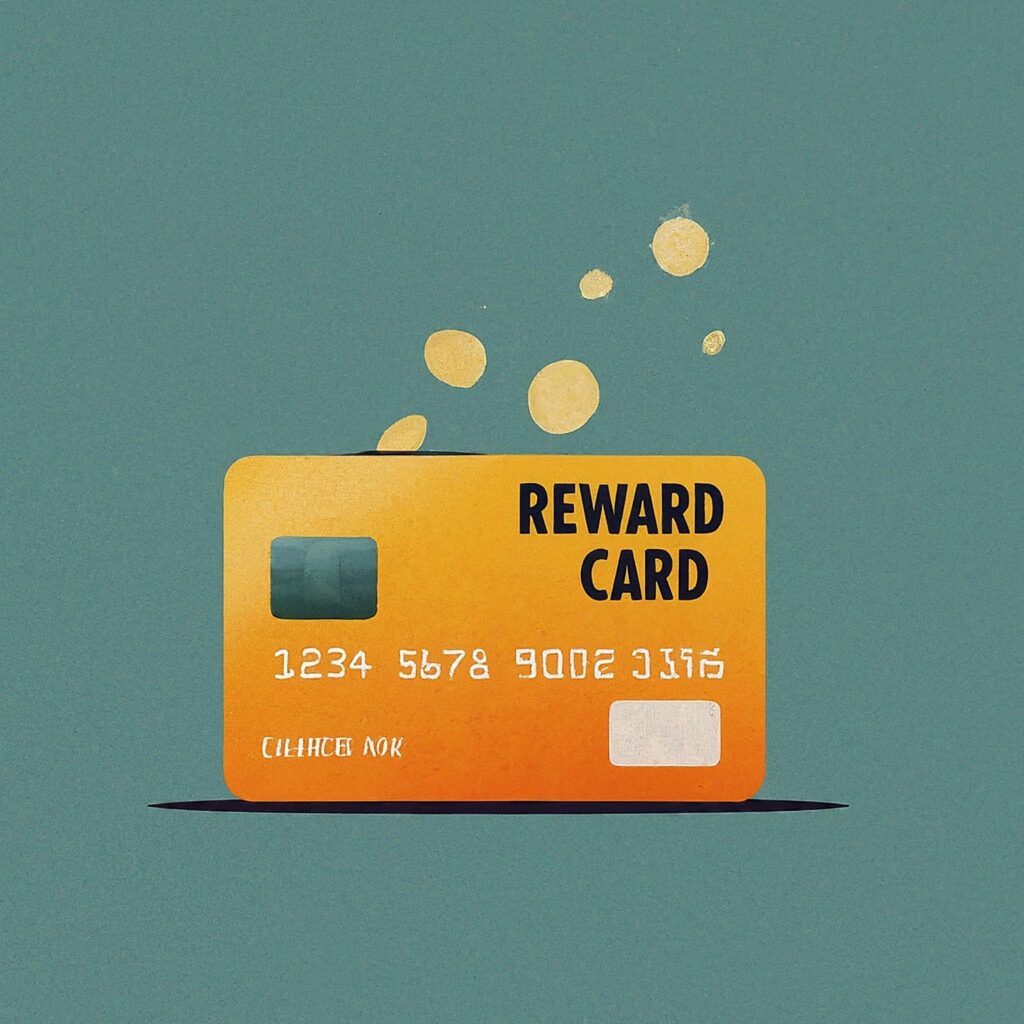
Some credit cards provide rewards for usage, while others don’t. Naturally, most of us prefer to earn rewards, so let’s explore the available options.
Select Your Reward
Credit card issuers offer various rewards to entice individuals with good credit to choose their card over competitors. If everyone paid their balance in full each month, these rewards wouldn’t be feasible. However, since there are enough individuals who may overspend or encounter financial difficulties, banks generate sufficient revenue to offer rewards.
As a wise consumer, you’ll opt for the reward while avoiding interest or penalties.
Here are the three primary types of rewards:
- Cash Back Rewards
- Discover it also provides an outstanding cash back reward card for individuals with good credit. This card offers 5% cash back on rotating categories each quarter, 1% on other purchases, and doubles your cash back after the first year. Remember to manually activate the 5% reward each quarter. You can redeem your cash in various ways, including as a credit on your billing statement or for purchases on Amazon.
- The Chase Freedom Visa card offers similar benefits.
- Citi also provides a Double Cash Credit Card, giving 1% on purchases and an additional 1% as you pay your bill. There are no complex categories or earning caps, and no annual fee. While the interest rate varies based on your credit score, responsible spending and full payment each month make this card appealing.
- Points for Purchase Rewards
This type of credit card rewards points for dollars spent, which can be used for purchasing merchandise. The Amazon Visa card, backed by Chase Bank, offers 3% back on Amazon purchases (5% for Prime members), 2% back at restaurants, gas stations, and drugstores, and 1% on other purchases. It has no annual fee but varying interest rates based on creditworthiness.
- Airline and Travel Rewards
Frequent travelers might benefit from airline credit cards offering discounted or free trips based on accumulated points. However, consider the associated annual fees and whether the benefits outweigh the costs.
For those preferring not to fly, the Discover it Miles card earns 1.5 miles for every dollar spent and matches all miles earned at the end of the first year. These miles can be used for hotel stays, car rentals, or commuter transportation. Always compare the perks and fees before choosing an airline credit card.
Traveling While Rebuilding Credit
If you need to rebuild credit and desire a travel credit card, consider the Aeromexico Visa card offered by U.S. Bank. With a $300 security deposit, this card provides one mile per $1 spent, double on gas and groceries, a 10,000-mile sign-up bonus, and a free companion certificate. However, maintain timely payments to avoid forfeiting rewards.
